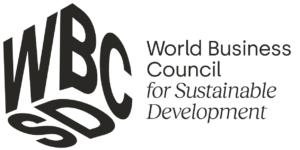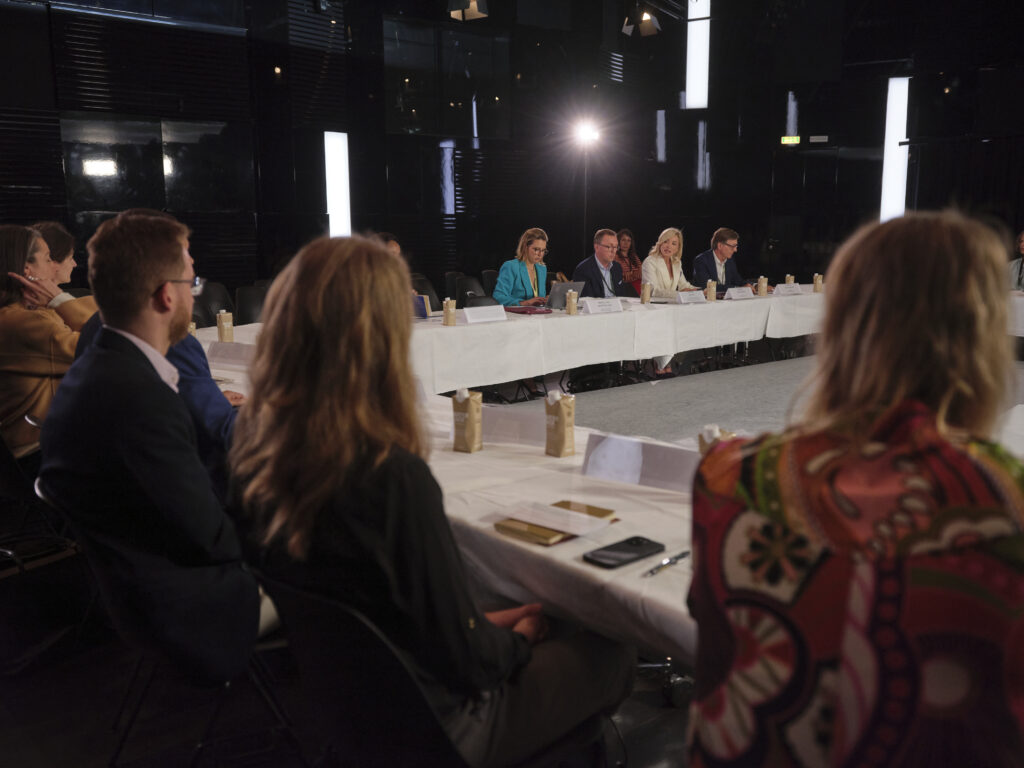Strengthening Corporate Accountability to Scale Regenerative Agriculture
In collaboration with



Agriculture and land use change are responsible for about a third of global GHG emissions. Nearly 90% of global deforestation is driven by agricultural expansion, and around 80% of the world’s poor rely largely on agricultural work to make a living. Therefore, the agricultural sector is crucial to meeting global sustainability targets, and businesses are increasingly being held accountable for their progress and impact on climate, nature, and equitable livelihoods.
This closed-door, executive-level roundtable meeting hosted by Global Fashion Agenda in collaboration with WBCSD, OP2B and Textile Exchange will explore the benefits of regenerative agriculture for the fashion industry and reflect on the challenges and opportunities of strengthening corporate accountability to scale these approaches.






